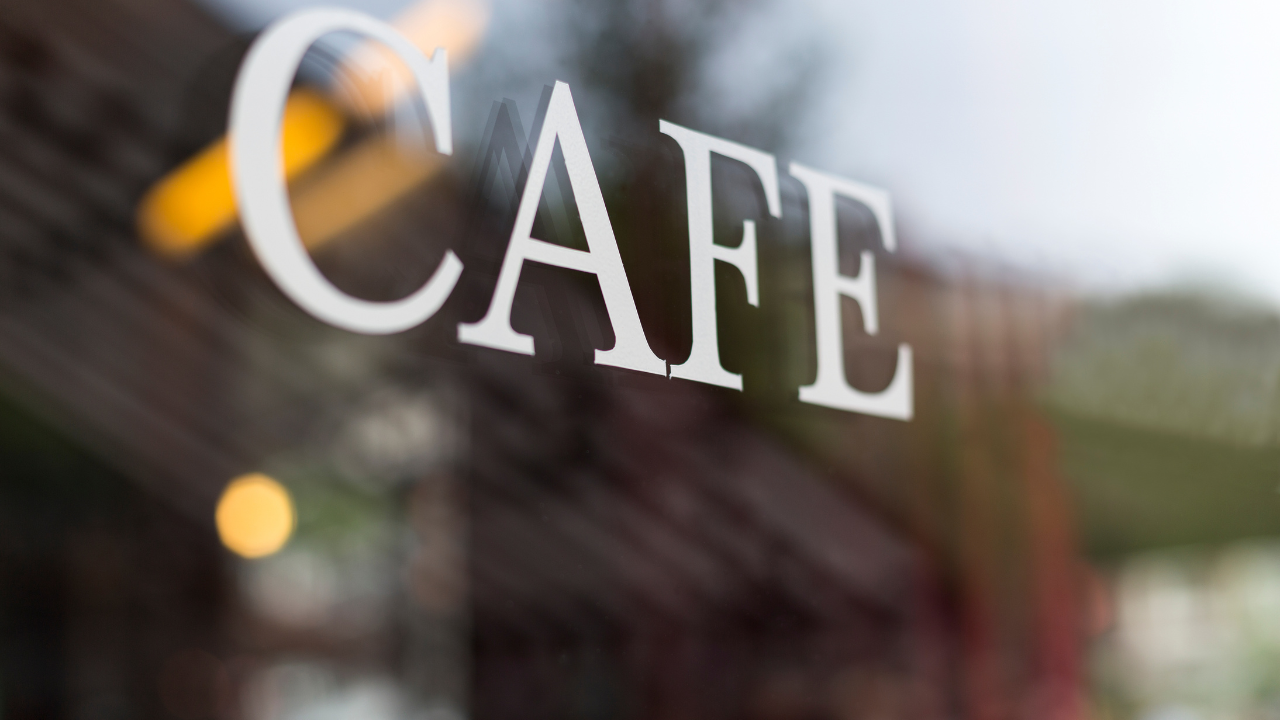
The Secret History Behind Common French Words
Apr 26, 2025Everyday words with not-so-everyday origins 🇫🇷✨
We use them all the time. Bonjour, merci, travail, argent… These are some of the most common words in French—but have you ever wondered where they actually came from? Behind those simple syllables are centuries of surprising, quirky, and sometimes downright weird stories.
So let’s time-travel through the French language and uncover the secret history behind a few everyday words. You’ll never look at them the same way again!
🐎 Bonjour – More than just “hello”
Literal meaning: “Good day”
Sounds innocent enough, right? But bonjour has roots in bon (good) and jour (day), and it originally wasn’t used just to say hi. It was more of a wish or blessing—like saying, “May your day be good.” Over time, it evolved into a standard greeting. (Fun fact: Saying bonjour again later in the same day can actually be considered rude in France. Use rebonjour or bonsoir instead!)
💼 Travail – Work, or… torture?
Here’s a juicy one. The word travail comes from the Latin word tripalium—a three-pronged instrument of torture. 😳 That’s right: work and torture were once the same thing linguistically. And let’s be honest, on a Monday morning, that tracks.
🪙 Argent – Money and… silver?
Argent means money today, but originally it referred to silver, both the metal and the color. Why? Because silver coins were once the main form of currency. This link between precious metals and cash exists in other languages too—like sterling silver in English. So when you say je n’ai pas d’argent, you're technically saying, “I have no silver.” 💸
🧒 Garçon – Not just a waiter
You probably know garçon as “boy,” but in restaurants, it used to be a common way to call a male server (though it's considered rude today—go with monsieur instead!). Historically, garçon came from the Frankish word wrakkjo, meaning servant or young male attendant. Over time, it shifted to simply mean “boy”—but its service roots remain.
❤️ Merci – More than just “thanks”
Merci comes from the Latin merces, meaning reward, favor, or wages. Originally, saying “merci” was like saying “I’m in your debt” or “I owe you one.” So when you thank someone in French, you’re actually nodding to an ancient social contract of favors and obligations.
👑 Château – Castles and… cathedrals?
Château makes you think of grand castles and countryside wine estates. But its roots go back to the Latin castellum, a small Roman fort. Over centuries, it grew to mean any stately home or fortress. So when you sip wine at a château, you’re basically partying in an ancient stronghold. Not bad.
🍞 Copain – A friend who shares your bread
Copain means buddy, friend, pal—but it comes from the Latin com (with) and panis (bread). So a copain is literally “someone you share bread with.” Isn’t that sweet? Friendship, at its core, is all about sharing—even your baguette.
🚪 Salut – A greeting from the battlefield
We use salut today to say hi or bye, super casual. But originally, it comes from the Latin salus, meaning health or safety. Roman soldiers would greet each other with it to wish safety and good health—kind of like saying “be well” before heading into battle. So next time you greet someone with a cheerful salut, know it has warrior vibes. 💪
Languages are like living museums—every word has layers of history, culture, and transformation hiding underneath. So the next time you say merci or bonjour, you’ll know there’s more to it than meets the ear.








